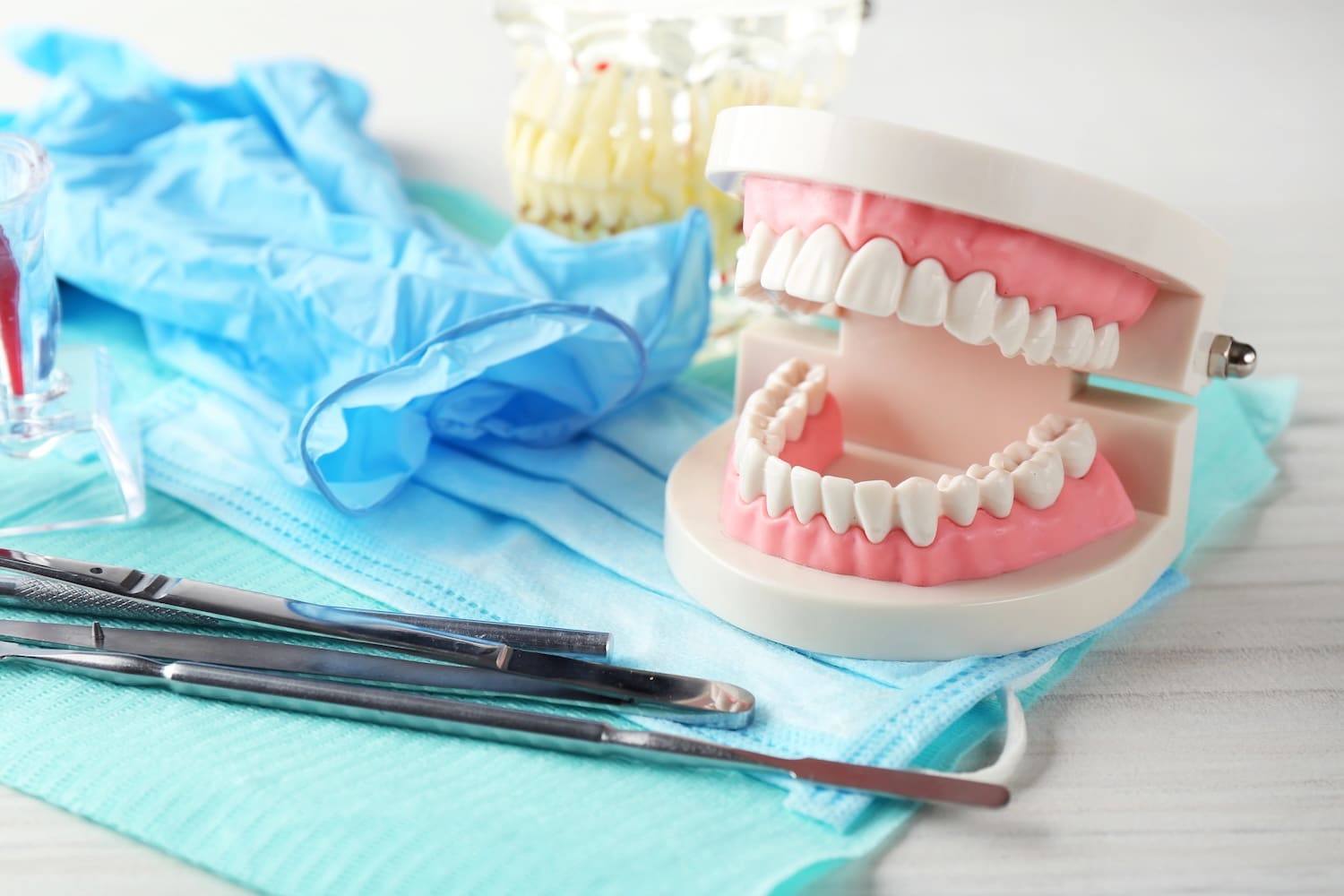Whoever said trips to the dentist aren’t fun clearly never had to deal with business taxes. For dental professionals, the process can be especially tedious, with expenses, services, and write-offs often far from straightforward. A smooth tax season depends heavily on organized recordkeeping and strategic planning. In this article, we’ll explore six essential bookkeeping best practices to help dental practices keep their financial reporting in perfect health—no cavities included.
Table of Contents
Toggle1. Use Bookkeeping Software
This first item on our list of bookkeeping best practices for dental practices seems obvious, but it’s surprising just how many clinics underappreciate it. Software is the only realistic way any business can reliably keep tabs on its finances in today’s day and age. Dentist offices operate in a space complexified by insurance claims, multiple service categories, and specialized equipment purchases.
The familiarity of managing everything with Excel spreadsheets – or even worse, with paper files – comes with costly risks. It also hampers efficiency. Bookkeeping software keeps financial record-keeping consistent, accurate, and easy for administrators and dentists alike.
2. Track Everything in Real-Time
It’s easy to let reporting fall by the wayside when running a business. But procrastination is as bad in bookkeeping as it is in dental hygiene. Where routines ensure consistent attention to important issues, a lack thereof allows problems to develop. Dental practices without good habits are more likely to miss important transactions, lose track of expenses, or develop financial cavities that could have been prevented. Just like dental decay, these issues start small but can quickly snowball into major stresses.
Daily recording ensures nothing falls through the cracks and gives you an accurate picture of your practice’s financial health on an ongoing basis. This is one of many areas where software can be of help, but even without it, staff should be diligent about keeping records up to date. Set aside time each day or week to review and record transactions, reconcile accounts, and address any discrepancies. It may be worth appointing a specific person on your team with this responsibility so accountability doesn’t get lost in the shuffle of daily operations.

3. Separate Personal and Business Finances
Just like you wouldn’t use the same toothbrush for your teeth and your toilet bowl, you shouldn’t mix personal and business finances. Maintain separate bank accounts, credit cards, and financial records for your dental practice. Separation makes tax time less painful and helps prevent financial decay from spreading between accounts.
If you aren’t sure what does and doesn’t qualify as a business expense, consult with a tax professional. Write-offs can be case-specific and warrant proper substantiation with receipts and documentation. An expert will be able to help you extract maximum value from your practice’s spending while staying within the bounds of tax law.
4. Document Equipment Purchases Carefully
Dental equipment isn’t cheap – and neither are the headaches that come from poor documentation. Keep detailed records of all equipment purchases, including warranties, maintenance schedules, and depreciation calculations. This documentation is vital for tax purposes and can save you from drilling into your savings when unexpected expenses arise.
5. Implement Internal Controls
Like a good set of X-rays, internal controls help you spot problems before they become serious. Establish clear procedures for handling cash, processing payments, and managing inventory. Regular audits, dual-signature requirements for large transactions, and clear delegation of financial responsibilities can help prevent embezzlement and errors from taking root. It doesn’t hurt to have a second set of eyes review financial records periodically.
6. Stay Current with Tax Laws
Like dental technology, tax regulations are constantly evolving. Keep your practice’s financial health in top shape by staying informed about changes in tax laws affecting dental professionals. Subscribe to industry newsletters, attend workshops, or partner with a specialized accounting firm that understands the unique needs of dental practices.

Putting Bookkeeping Best Practices for Dental Practices Into Action
The list of bookkeeping best practices for dental practices covered in this article is far from exhaustive, but it’s certainly a good place to start. If you’re looking for end-to-end accounting support, Dental Tax can help. We’re industry professionals ourselves who understand the unique challenges dental practices face. Our team can help implement these best practices and more, ensuring your financial records are as pristine as the smiles you create.
A member of the team will be happy to discuss the possibilities of a potential partnership. Get things started by reaching out to us for a free consultation call today.
Adam has an MBA from the Richard Ivey School of Business in London and also holds a Chartered Investment Manager designation.
- 2026 Tax Changes Affecting Canadian Dentists - January 5, 2026
- Financial Metrics Every Dental Practice Should Track - December 22, 2025
- Buying vs. Starting a Dental Practice: Financial Comparison - December 11, 2025




